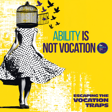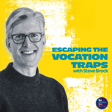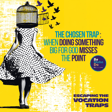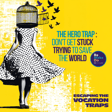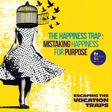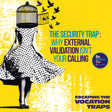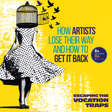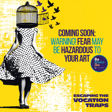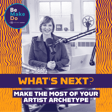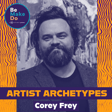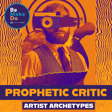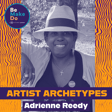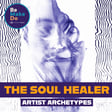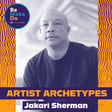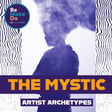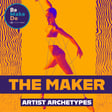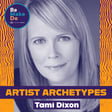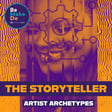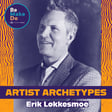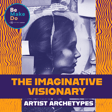
Artist Archetypes with Jason Hamacher
"Jump in the current and let the river take you..., you know, I've got on a life vest... I'm semi prepared for the journey....But if you legit, surrender to the will, it's a ride!"
In this episode of the Be. Make. Do. podcast Jason Hamacher, a musician, photographer, and founder of Lost Origin Productions, discuss his multifaceted career and creative motivations. He and Lisa mine his experiences, including documenting ancient chants in Syria, playing in the band, Frodus, owning a gallery in Washington, D.C. among others, emphasizing the importance of quality over quantity. Jason shares his philosophy of not compromising artistic integrity for financial gain, even if it means working without profit. Join us for this look at the bold outlook of the Maker.
The Maker, The Mystic, The Soul Healer, The Imaginative Visionary, The Prophetic Critic or the Storyteller? What's your archetype? Take the quiz here!
Find out more about Jason Hamacher's work at Lost Origin Productions.
Listen to Frodus here.
Stay in touch and share your thoughts:
TikTok: @bemakedopodcast
Instagram: @bemakedopodcast
Facebook: @bemakedopodcast
YouTube: @BeMakeDoPodcast
Subscribe and follow Be.Make.Do. wherever you get your podcasts.
